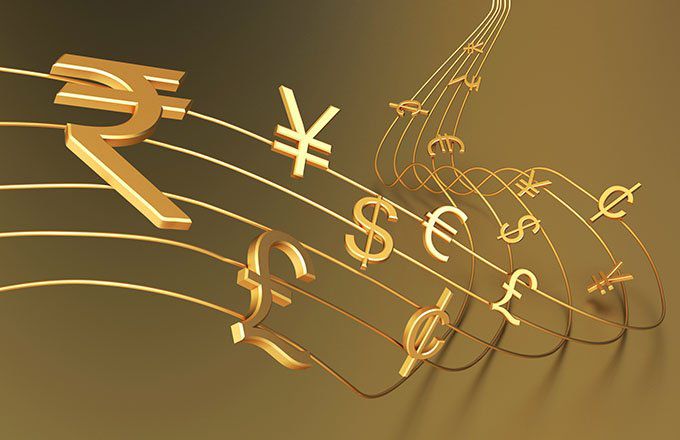What is an Exotic Currency?
Exotic currencies are currencies that are thinly traded in foreign exchange markets and are not widely used in global financial transactions.
Key Takeaways
- Exotic currencies are currencies that are thinly traded in foreign exchange markets and are not widely used in global financial transactions.
- Exotic currencies are illiquid, lack market depth, can be extremely volatile, and trade at low volumes.
- Exotic currencies are usually synonymous with developing or emerging market countries and are often subject to partial or total exchange rate controls that render them nonconvertible.
Understanding Exotic Currencies
An exotic currency is a foreign exchange term for a thinly traded currency. Exotic currencies are illiquid, lack market depth, can be extremely volatile, and trade at low volumes. Trading an exotic currency can be expensive, as the bid-ask spread is usually large to compensate for the lack of liquidity.
Exotics are not considered major currencies because they are not easily traded in the foreign exchange market, much less a standard brokerage account. Additionally, exotic currencies are usually synonymous with developing or emerging market countries and are often subject to partial or total exchange rate controls that render them nonconvertible.
Examples of exotic currencies include the Thai baht, the Mexican peso, and the Saudi Arabian riyal. On the other hand, major currencies include the U.S. dollar, the euro, the Canadian dollar, and Swiss franc—all from developed countries with large economies and trading relationships.
Factors that affect exotic currencies differ from major currencies. The plight of a major currency will depend on the health of its economy and the interest rate differential, while exotic currencies will often move on changes in the political landscape. In times of political instability, an exotic currency will depreciate at a rapid rate.
Along with less liquidity, exotic currencies generally have higher volatility due to the fragile nature of the associated country’s economy. Because of this, investors who wish to trade them will require higher margins in their brokerage accounts to allow for any significant adverse change in the rate of the currency.

















